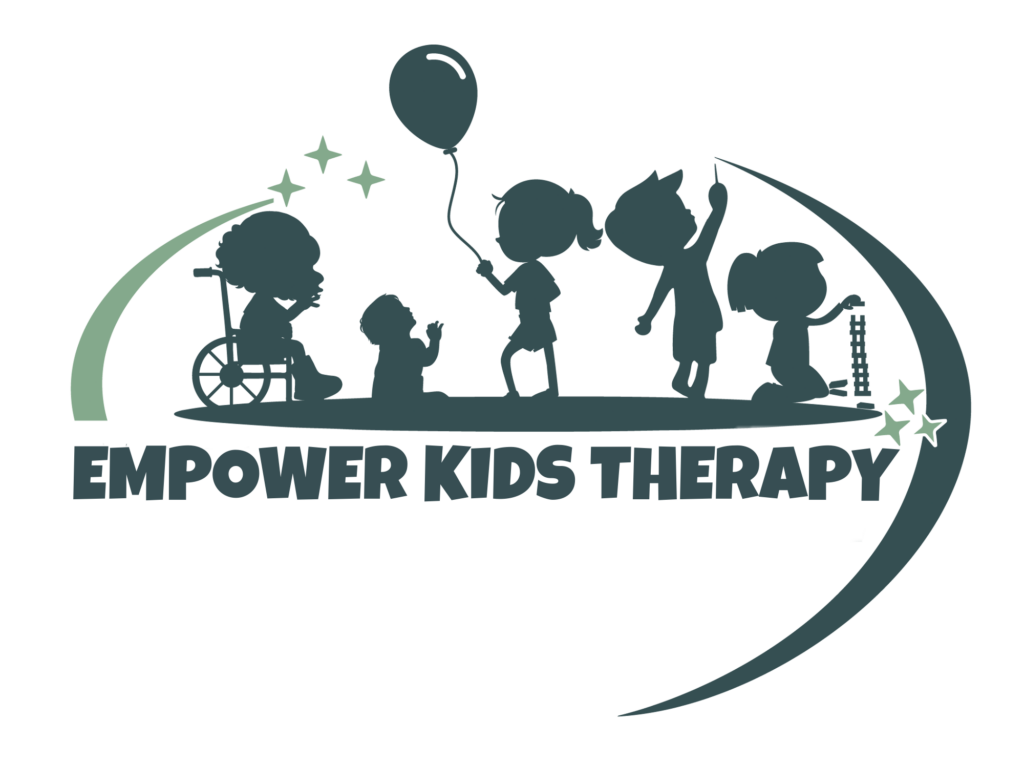Today, we’re diving into the world of picky eating and offering you a comprehensive guide to help you navigate this common challenge. As a pediatric occupational therapist, I’ve worked with many families facing picky eating habits, and I’m here to share some valuable insights and strategies.
If you’re ready to make mealtimes a more positive experience for your child, keep reading!
Understanding Picky Eating
Picky eating is a normal phase that many children go through as they explore new foods and assert their preferences. However, for some children, picky eating can become a persistent and distressing issue that affects their nutrition and overall well-being, as well as your stress! As caregivers, it’s important to differentiate between typical picky eating and more significant feeding difficulties that may require professional intervention.
4 Signs of Problematic Picky Eating
Limited Food Variety
If your child consistently avoids entire food groups, such as fruits, vegetables, or proteins, or refuses to try new foods altogether, it may indicate a deeper issue related to their eating habits.
This lack of variety in their diet can lead to nutritional deficiencies and impact their overall health and development.
Extreme Food Preferences
Strong aversions to specific food textures, smells, or tastes can significantly restrict a child’s diet. For example, a child may refuse to eat anything crunchy or slimy, or they may be repelled by the smell of certain foods.
These extreme preferences can make it challenging to provide a balanced diet and ensure they are receiving all the necessary nutrients.
Mealtime Struggles
Frequent tantrums, gagging, or other negative behaviors during mealtimes can be indicators of feeding difficulties. These struggles can turn mealtimes into stressful events for both the child and the family.
It’s important to address these behaviors to ensure that the child is able to eat in a calm and supportive environment.
Insufficient Weight Gain or Growth
If your child consistently fails to meet growth milestones, such as height or weight for their age, or exhibits noticeable weight loss, it’s essential to seek professional help. Insufficient weight gain or growth can be a sign of underlying health issues or feeding disorders that need to be addressed to ensure your child’s healthy development.
How Occupational Therapists Can Help
Pediatric occupational therapists are trained to address picky eating and feeding difficulties using a holistic approach. Occupational therapists can conduct thorough assessments to identify the underlying causes of picky eating.
We consider factors such as sensory processing, oral motor skills, and mealtime routines. With this information, we develop personalized intervention plans tailored to your child’s specific needs. We then use sensory-based techniques to help children expand their food preferences.
By gradually exposing your child to different textures, tastes, and smells in a supportive environment, we can promote more adventurous eating habits.
Understanding picky eating is the first step toward helping your child overcome feeding challenges. Remember, it’s essential to distinguish between typical picky eating and more significant issues that may require professional intervention.
By accessing our free Mealtime Success Guide and considering feeding therapy services, you’re taking proactive steps to support your child’s nutrition and overall well-being.











